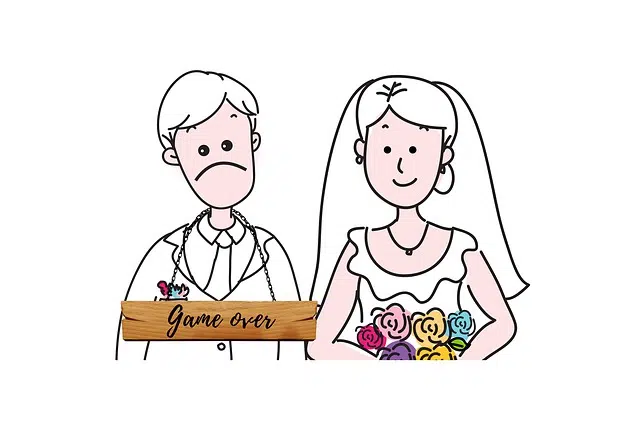
An irony can be a hidden mockery or a sarcastic message.
This term derives from a Latin word that in turn comes from Greek, and is understood as a hidden mockery . It consists of implying the opposite of what is said through a certain intonation or body language.
An example of the use of irony in colloquial speech could be the following. In a television program the news is given that a man was found dead with five gunshot wounds to the head. A spectator comments that in his opinion it was a murder; to which another person who was watching the news, given the obviousness of the first's statement, expresses: "How intelligent! "I'm surprised by your ability to deduce."
Irony, mockery and sarcasm
Irony is not always intended to mock others nor is it aggressive. A person who must go to the hospital to visit a sick relative may comment, as a lament, "I have a very entertaining plan for this afternoon." Something similar happens when two classmates get together to study and one states: "You don't know how much fun we are going to have with these books."
The cruelest and most violent irony is known as sarcasm : "No, you're not fat, it's just that everyone else is very skinny." This type of expression represents aggression that attempts to discriminate and hurt the recipient.
Another ironic or sarcastic phrase is the following: "Of course I value your dedication, in fact, I am going to organize a party in your honor to reward the relevance of your immeasurable effort in pursuit of this company."

Irony can be used as a figure of speech.
a figure of speech
In the case of irony as a rhetorical figure we can say that it allows that it is a tool that allows an author to express one thing by saying the opposite. It serves to give the texts a certain suspicion or make them burlesque.
Among the authors who have best known how to use this resource when writing, we can mention Francisco de Quevedo and William Shakespeare . However, at this point it is important to note that there are many types of irony . Among the most notable are:
* Tragic irony : also known as dramatic irony, it is typical of ancient tragedies and is very present in almost all of the works of the Anglo-Saxon writer Shakespeare.
It was used to increase the intensity of delicate situations in works where the character's words and actions are expressed in such a way that is so close to the reader that they seem extremely plausible , despite having a high content of drama that could be considered absurd in reality. . Behind the ironic phrases, the author manages to get closer to the public and open their eyes to a series of real-life issues that have gone unnoticed for him.
* Comic irony : present in works of a burlesque nature, in which the author presented a criticism of society with funny and buffoonish overtones. In Quevedo's work we find many examples of this use.
Irony to show an incongruity
In this case, irony serves to show an incongruity between the reader's expectations and what ultimately happens . Extremely absurd plots are usually proposed or, in some cases, real-life situations are explained in a convincing but bizarre way, making the reader understand that reality itself is full of unacceptable issues that pass as "normal" and urging him to reason and consider a change in the face of possible events that occur .
There are other examples of irony. A very clear one is the beginning of the work "Pride and Prejudice" by Jane Austen . He says: "It is a conceived truth that a single man in possession of a good fortune must be in search of a woman."
